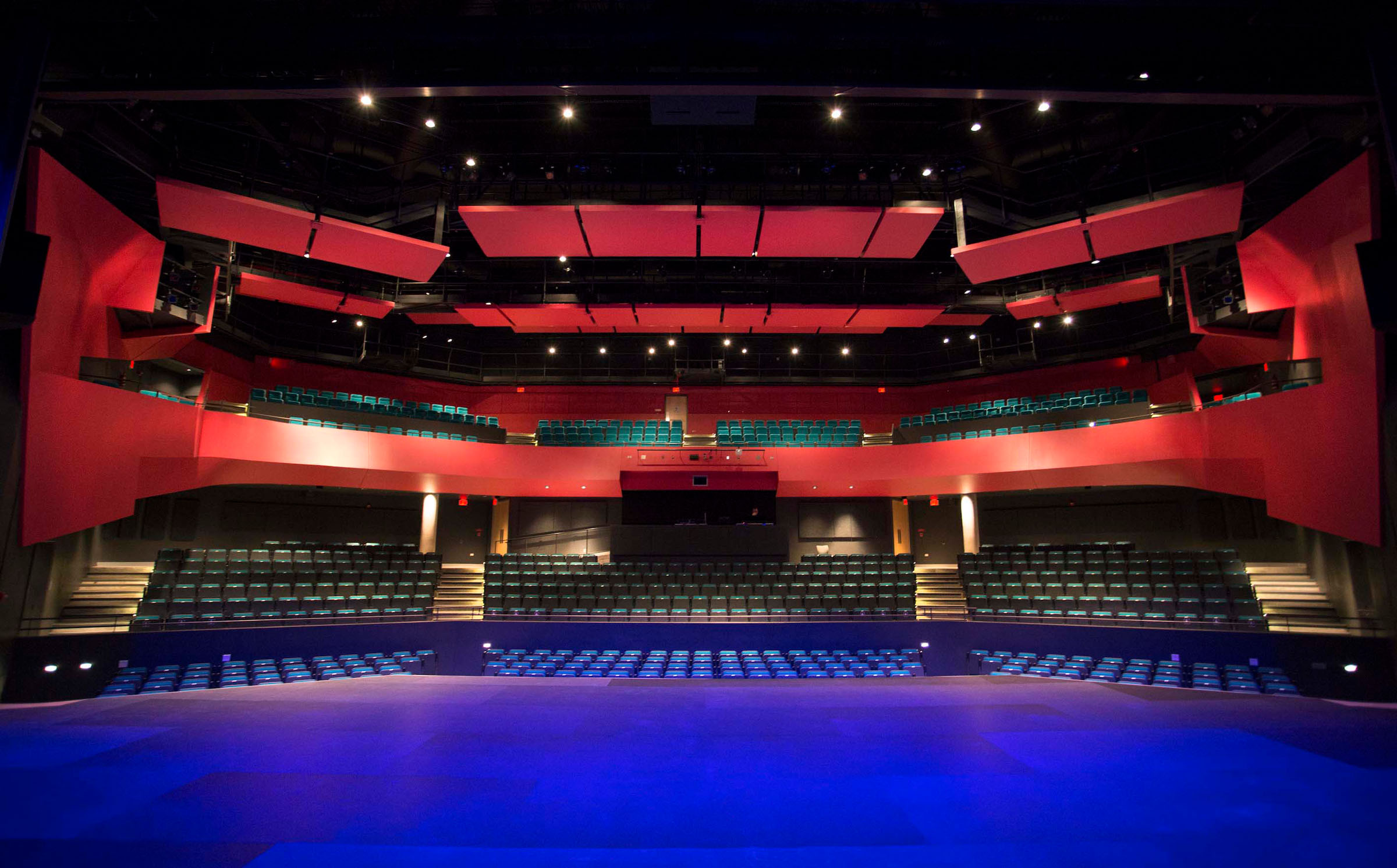How can you run a performing arts program without performing any arts? Kate Corsten, Coordinator for Performing Arts at Algonquin College, has spent the pandemic figuring out how to keep students going when live performances have not been possible.
“A performing artist is relying on the ensemble, being in person and having that two-way feedback from an audience, and that’s the thing that’s really difficult to replicate virtually,” said Corsten. The challenge of learning about performance at a time when in-person connections were not possible is what led many students to decide the cost wasn’t worth it. “We lost some great students because they said, ‘This isn’t what we signed up for, this is a program that needs to be hands-on,’ ” said Corsten.
The number of students in the program went from a bustling 40 to a mere 13 in a matter of a few weeks.
So what about those who stayed in the program? How did they manage to create as rich of an experience as possible while doing remote learning?
Corsten attributes the program’s success to the hard work of the faculty, especially Kevin Burton and Hannah Gibson-Fraser. The faculty and Corsten worked together with the Grass Roots Festival and the Youth Infringement Festival to put on virtual performances featuring students.
“Algonquin’s been really good about supporting us. We managed to get small classes, with about eight students and one instructor in a large room, all masked, by the end of the year, so we were able to get some of that hands-on experience in the end,” Corsten said.
Even with all these positives, there was a lot that Corsten said the students missed out on. “One of their courses is Ensemble, where they get together and do body percussion, singing in choir, and movement pieces, and they didn’t get to do any of that.” Despite all this, she is happy with how the year turned out and wants to personally congratulate all Performing Arts students who made it through the year.
Corsten’s face lit up as she detailed everything she has come to love as coordinator of the program. She also had advice for anyone who would be thinking about joining. “You need to learn to work outside of your comfort zone. Learning to work in a group is important, sure, but learning to work independently is also very important. But the biggest piece of advice that I’d want to give would be that if you want to join the program, you have to want to tell stories, and know why that story is important right now.”


